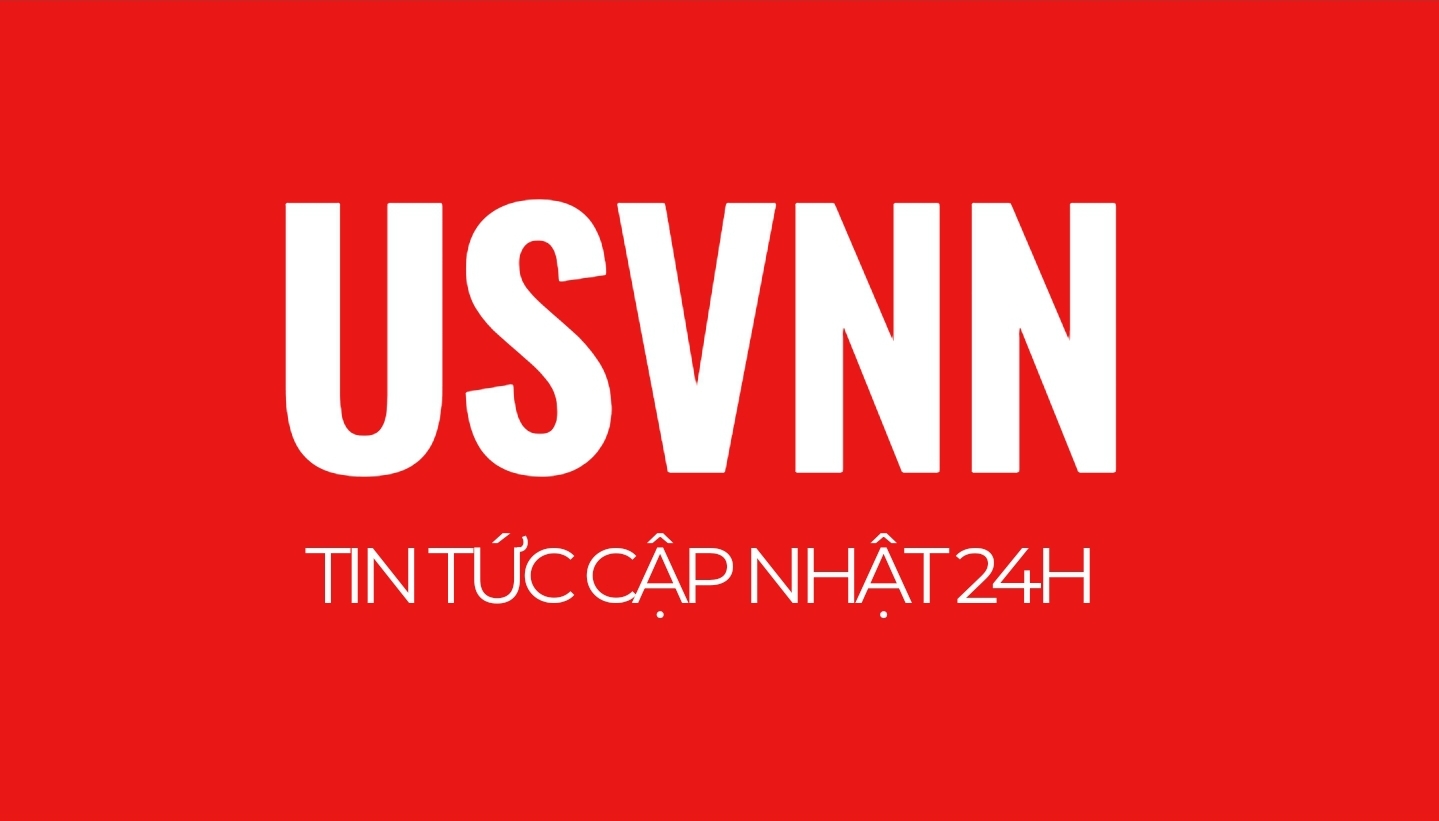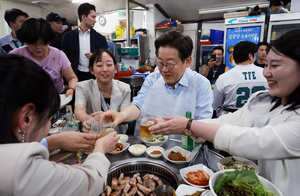Of course! Here is a rephrased version of the detailed summary, rewritten in a clear and journalistically refined style, while preserving all key facts:
—
President Lee Jae Myung of South Korea has recently unveiled a campaign to encourage people to dine out more frequently, a central part of his administration’s plan to reinvigorate domestic demand and support small businesses. Addressing the nation on Saturday, July 13, 2025, President Lee emphasized that everyday consumer activity—such as eating at local restaurants—can play a vital role in strengthening the economy and improving livelihoods.
This announcement comes ahead of the government’s scheduled rollout of a new consumer coupon program aimed at fueling economic activity following a period of slow growth. Through this initiative, the government hopes to boost spending by incentivizing citizens to go out and eat, while directly supporting local food establishments and independent merchants.
Sending a powerful message of solidarity, President Lee made headlines on Friday, July 11, when he dined with his staff at a restaurant near Gwanghwamun in central Seoul. While this might seem routine, it was a rare public appearance in such a setting, as presidents typically eat within their quarters or at secure government facilities due to safety precautions. However, since taking office the previous month, Lee has made a point of visiting nearby cafes and restaurants near his Yongsan-based office in a move that observers say personalizes and reinforces his administration’s priorities.
During the dinner, President Lee lightened the mood by personally mixing a “so-maek”—a popular Korean drink made with soju and beer—for one of the employees. He also expressed appreciation for the team’s dedication, remarking that many staff members work late into the night. “A lot of people only leave the office once I do,” the president said, recognizing the effort his aides have contributed since his government was inaugurated.
Lee’s dining-out campaign is also visible on social media, where he posted publicly on Facebook: “Please help support the self-employed in your communities. Going out for a meal can make a significant difference.” He stressed that private consumption is the engine of economic recovery, and called on citizens to make use of a new policy titled the “People’s Life Recovery Consumption Coupon,” which launches on July 21. Residents can apply for the program through credit card company mobile apps, the Nurijip platform, or at local government service centers.
In tandem with these efforts, the administration has also green-lit a cash disbursement scheme that will see every eligible citizen receive a one-time payment of 150,000 won (around $115). The payment mainly targets South Koreans currently residing in the country, though the exact amount may vary depending on income levels. President Lee has tasked his senior aides with ensuring that these direct payments lead to meaningful increases in spending, particularly in sectors hardest hit by reduced economic activity.
These moves come as South Korea grapples with a softening economy and waning domestic consumption. In response to slowing growth, the central bank recently slashed interest rates to a three-year low—the lowest since August 2022—highlighting intensifying concerns about weak investment and household spending. Economists believe the president’s push for citizens to eat out and spend locally is not just a symbolic gesture, but a targeted effort to provide a lifeline to small eateries and neighborhood retailers that bore the brunt of the downturn.
The Lee administration faces multiple obstacles, including political opposition and economic headwinds. President Lee’s sweeping victory in June’s presidential election gave him a strong public mandate, largely due to his promises of economic fairness and grassroots-level revitalization. However, controversy still surrounds portions of his political career and personal life—legal disputes and older allegations may yet complicate the administration’s efforts to keep the focus squarely on the economy.
Undeterred, Lee remains optimistic and continues to emphasize community-level participation as key to South Korea’s resurgence. By prioritizing the self-employed and supporting consumer-facing small businesses, the government hopes to not only jumpstart demand but also shape a more inclusive economic rebound. His hands-on approach—including personally dining out and publicly endorsing specific businesses—is intended to show that government policy and daily behavior can align to produce immediate and tangible results.
In sum, President Lee Jae Myung’s appeal to “eat out and help the economy” combines symbolic leadership with targeted policy. His recent public meals and social media outreach underscore a broader government strategy designed to boost consumption, distribute relief funds, and reignite growth across local economies. As the cash transfers and coupons begin rolling out in late July, the administration will be closely watching whether this blend of grassroots consumer outreach and fiscal support can steer Korea toward a more resilient future.


